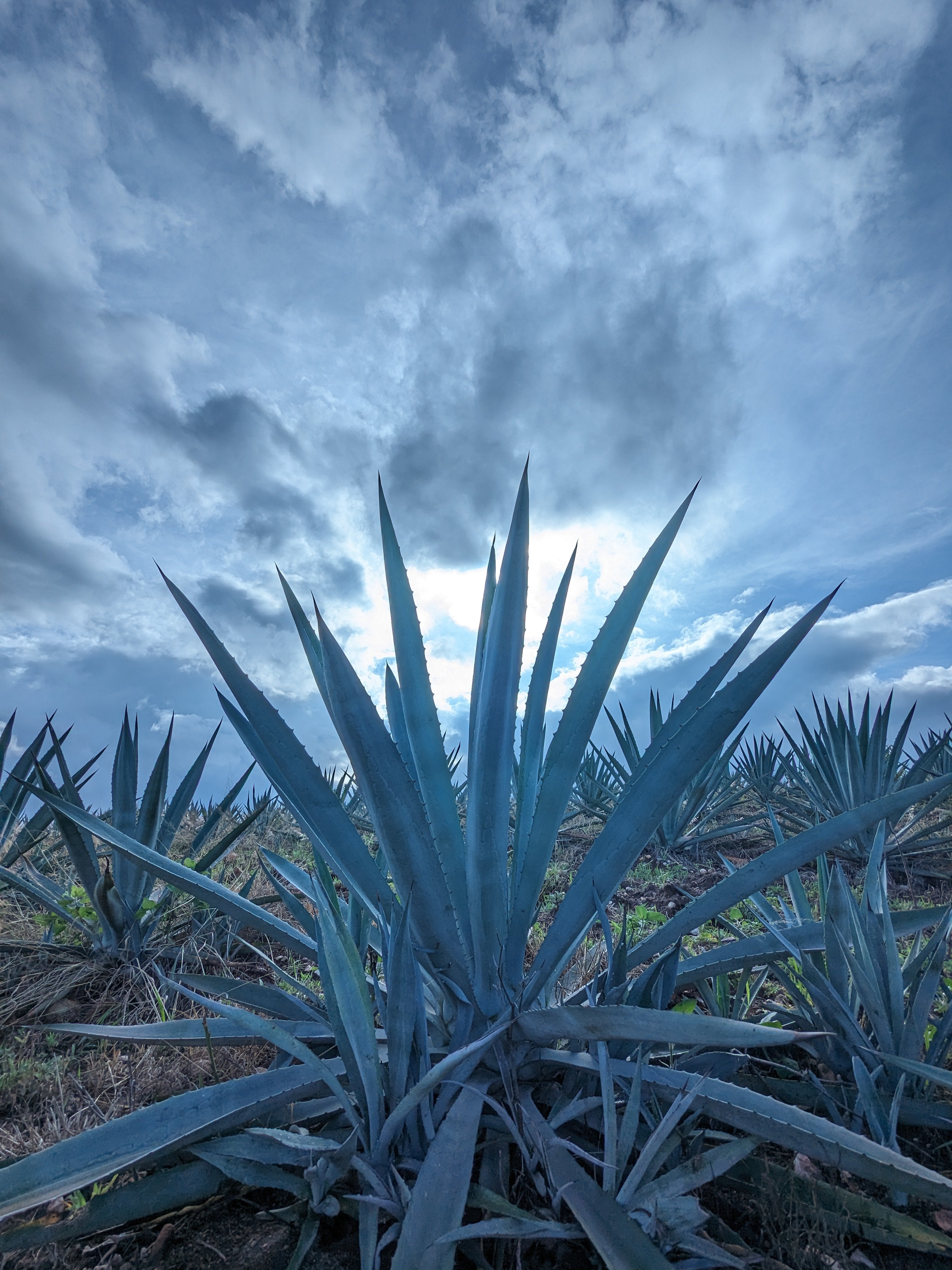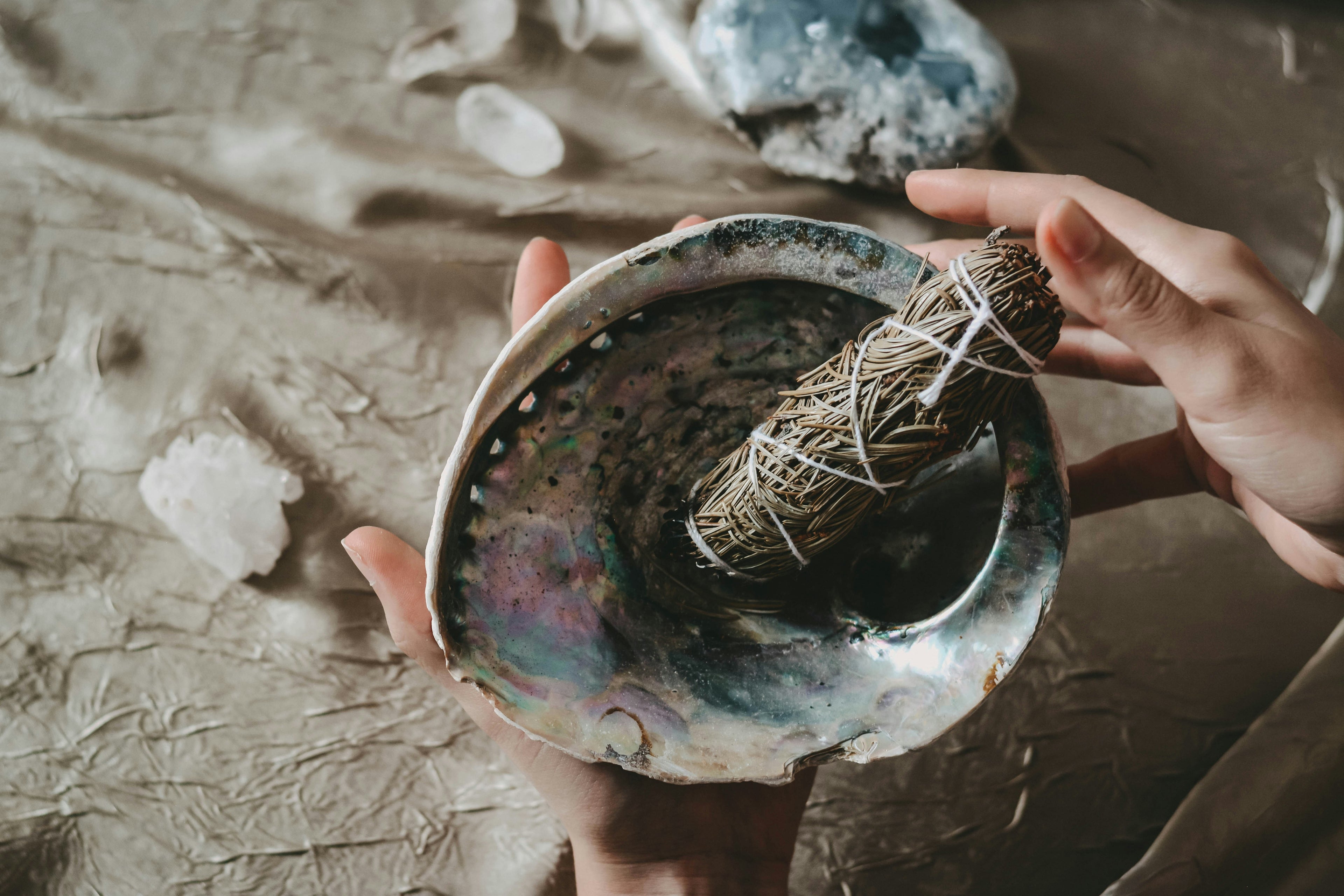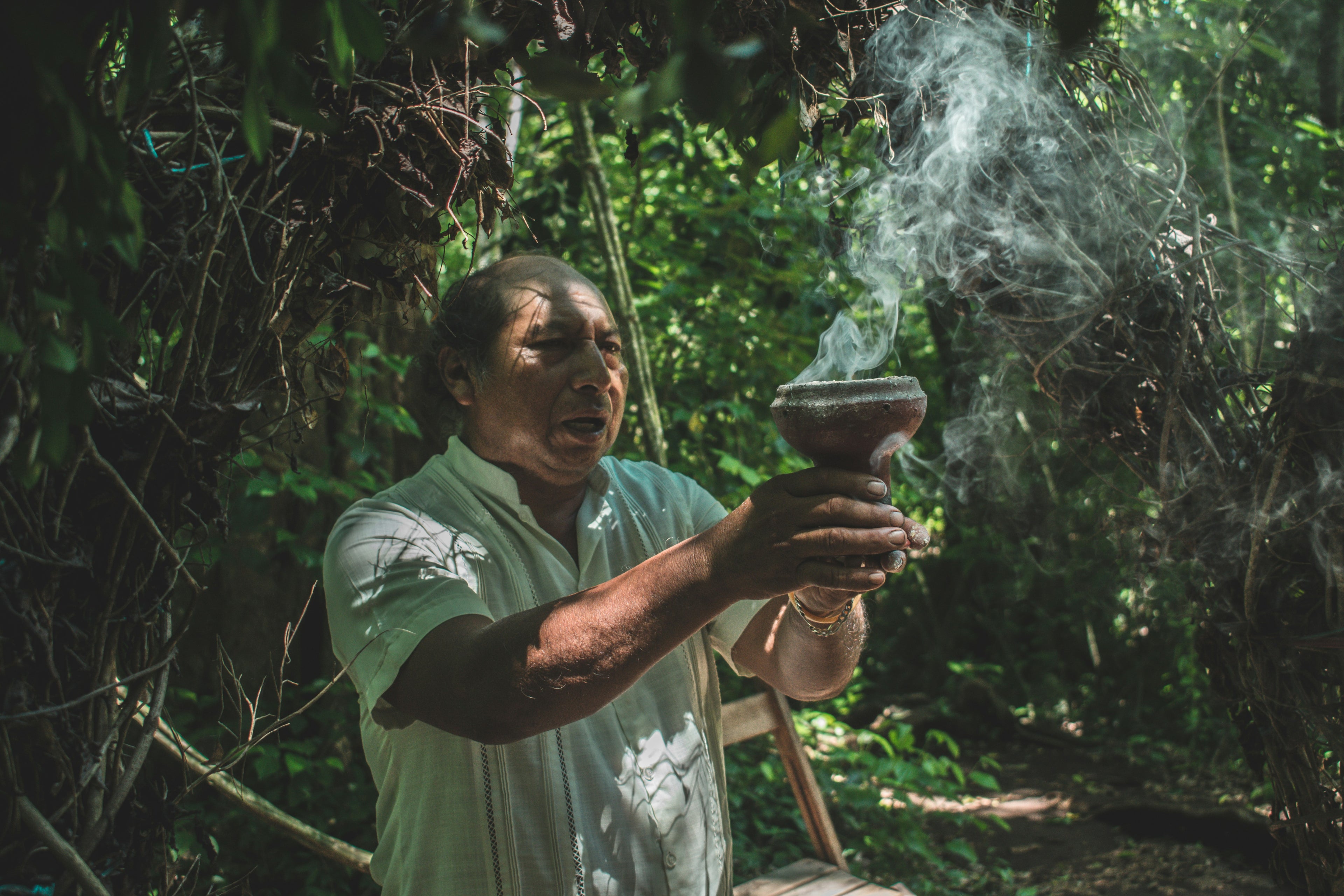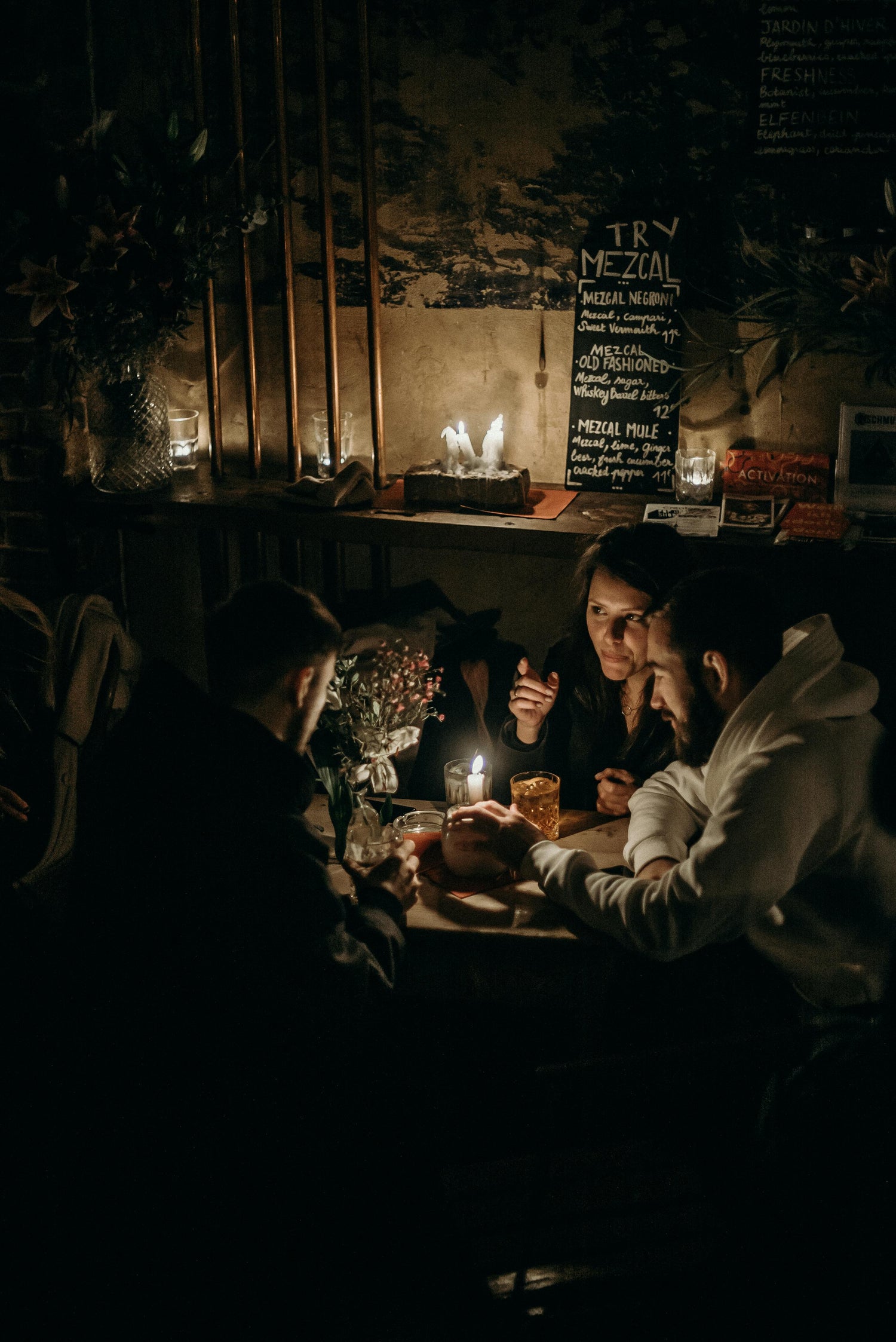MEZCAL ORIGINS


Mezcal has deep roots that extend back to pre-Hispanic times in Mexico. According to ancient tales, the indigenous peoples of Oaxaca discovered the properties of agave by observing how it transformed upon contact with fire. It is said that lightning struck an agave field, cooking its interior and releasing a sweet juice. This natural event gave rise to the use of agave as a source of food, healing, and, eventually, spirituality.


In pre-Hispanic cultures, this beverage was a bridge between the earthly world and the divine. Shamans and spiritual leaders used it in ceremonies to connect with the gods, purify the spirit, and pray for bountiful harvests. These practices persist today in certain indigenous communities in Oaxaca, where mezcal is offered in rituals to bless the earth, honor ancestors, and celebrate life. Drinking mezcal in this context is not only a social act, but a sacred act that strengthens ties with nature and spirituality.

Unlike other alcoholic beverages, mezcal is considered a purer and more natural option. Its artisanal process, which uses no chemicals or added sugars, makes it a clean and nuanced distillate. It's also known for its digestive properties and for containing antioxidant compounds that benefit the body. When consumed in moderation, mezcal not only connects people with Mexican tradition and culture, but also offers a unique and unparalleled sensory experience.
